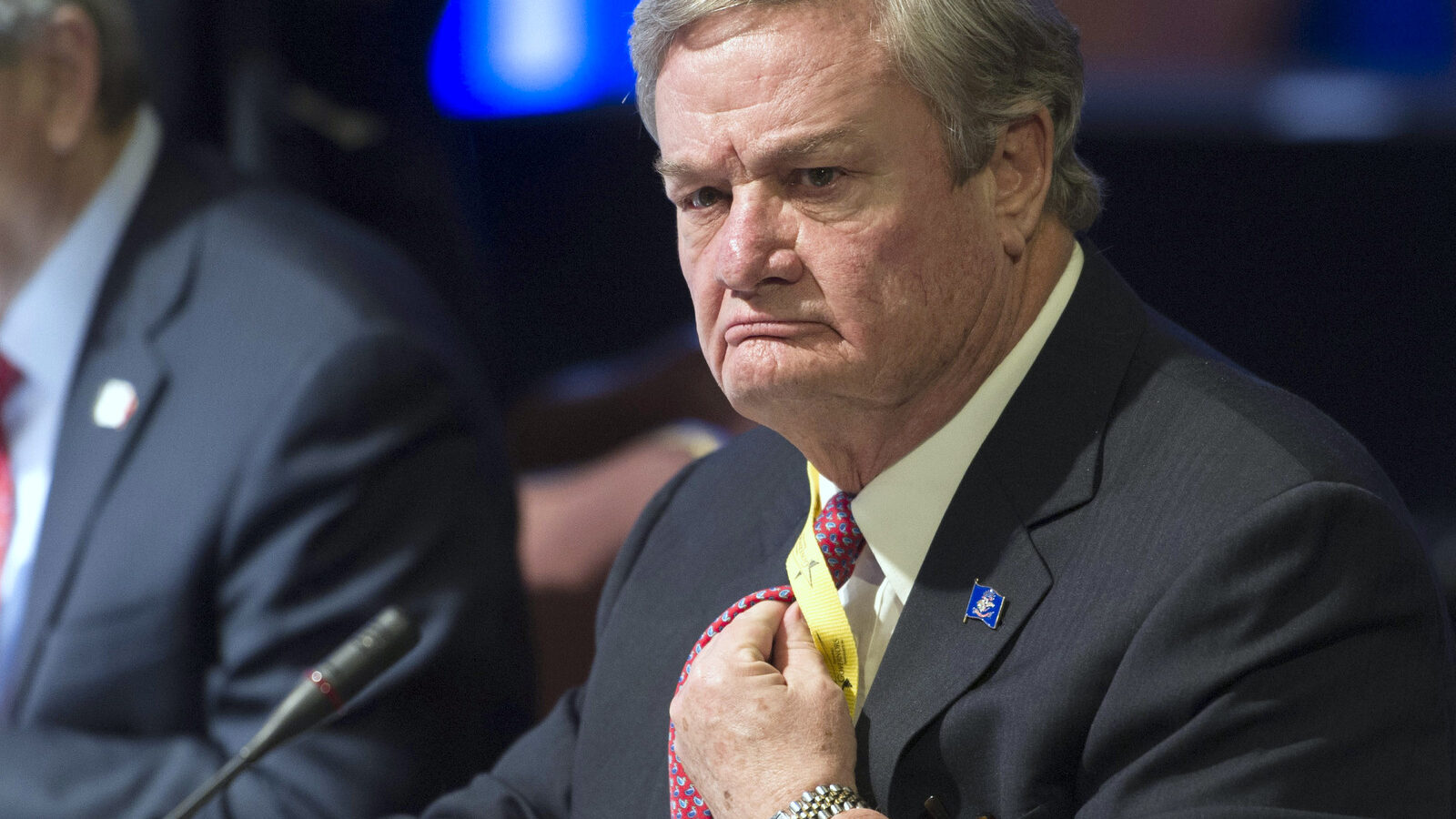
North Dakota Governor Jack Dalrymple ordered an emergency evacuation Monday of protesters at a camp near an oil pipeline due to “harsh winter conditions,” according to a statement from his office.
Demonstrators at a camp who oppose the US$3.8 billion Dakota Access Pipeline, were ordered to leave the camp immediately and not return, according to an executive order signed by Dalrymple.
“Winter conditions have the potential to endanger human life, especially when they are exposed to these conditions without proper shelter, dwellings, or sanitation for prolonged periods of time,” the executive order said.
But the water protectors slammed the order as another attempt at evicting the water protectors after the Army Corps retracted its order to forcibly remove all of the protesters.
“This is a clear stretch of state emergency management authority and a further attempt to abuse and humiliate the water protectors,” Dave Archambault, chairman of the Standing Rock Sioux tribal council, said in a statement.
He further called the executive order “a menacing action meant to cause fear” and “a blatant attempt by the state and local officials to usurp and circumvent federal authority”.
Others said a forced evacuation of the camp could prove even more dangerous to the activists. “We’re in the heart of winter now. To even think of a forced removal is terrifying,” said Dallas Goldtooth, an organizer with Indigenous Environmental Network, who estimated there were around 5,000 people in the camp.
“They don’t need to be worried about us in the winter,” said Kandi Mossett, another network organizer. “We’re perfectly capable of being self-sufficient. So using this as an excuse is insulting.”
Cecily Fong, spokeswoman for the North Dakota department of emergency services stuck a peaceful tone saying: “We will not be using law enforcement or national guard to enforce the order.”
Most of western and central North Dakota are under a winter storm warning, according to the National Weather Service, which said the area would experience heavy snow through Wednesday.
The action against the pipeline has ignited local and international solidarity and attracted more than 300 Native American tribes from across the U.S. in a show of unity that is being called historic.


